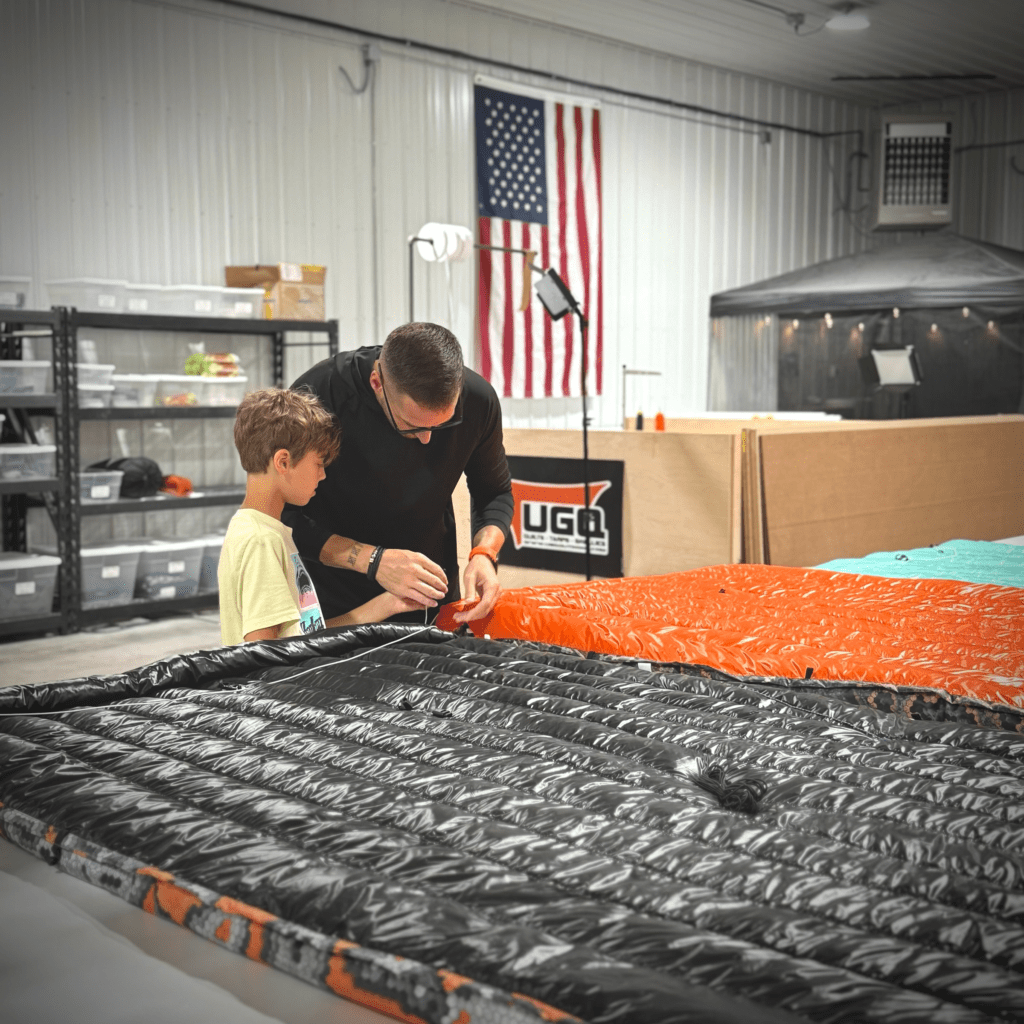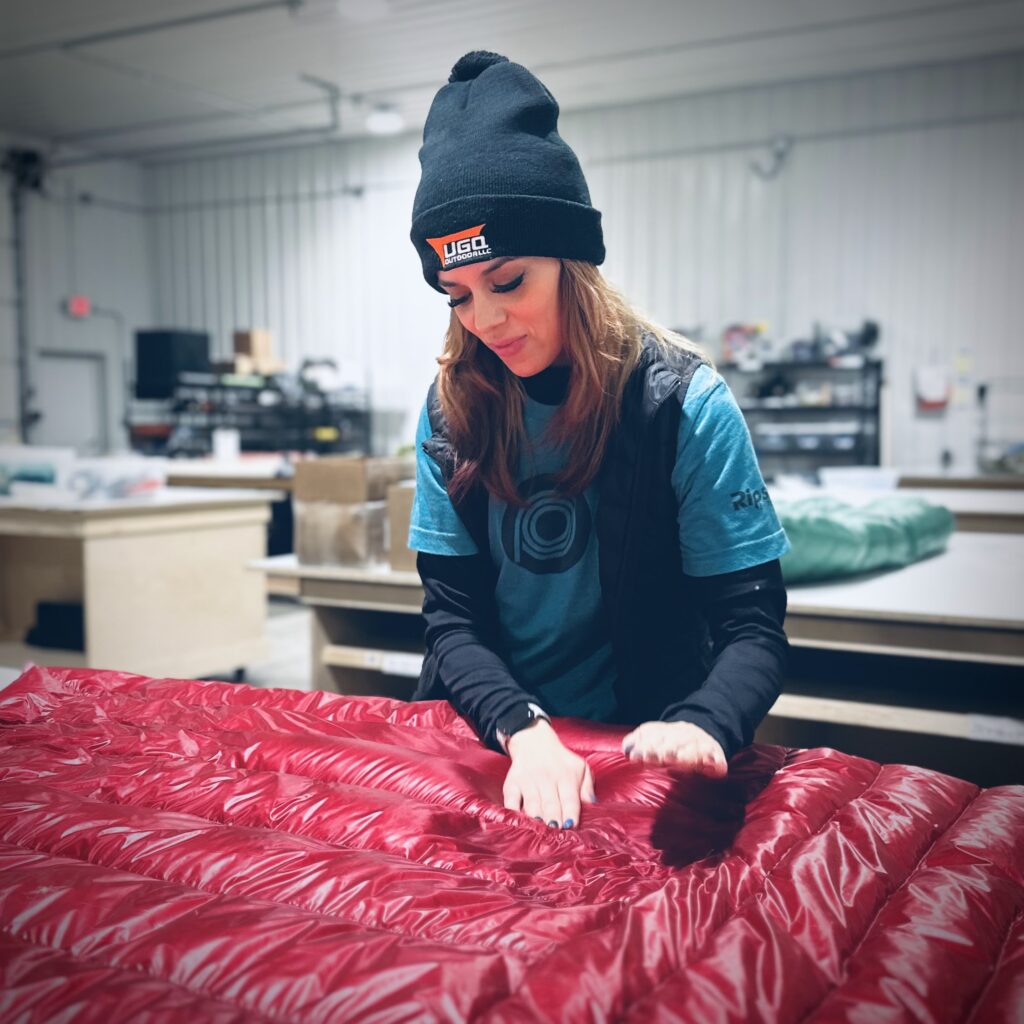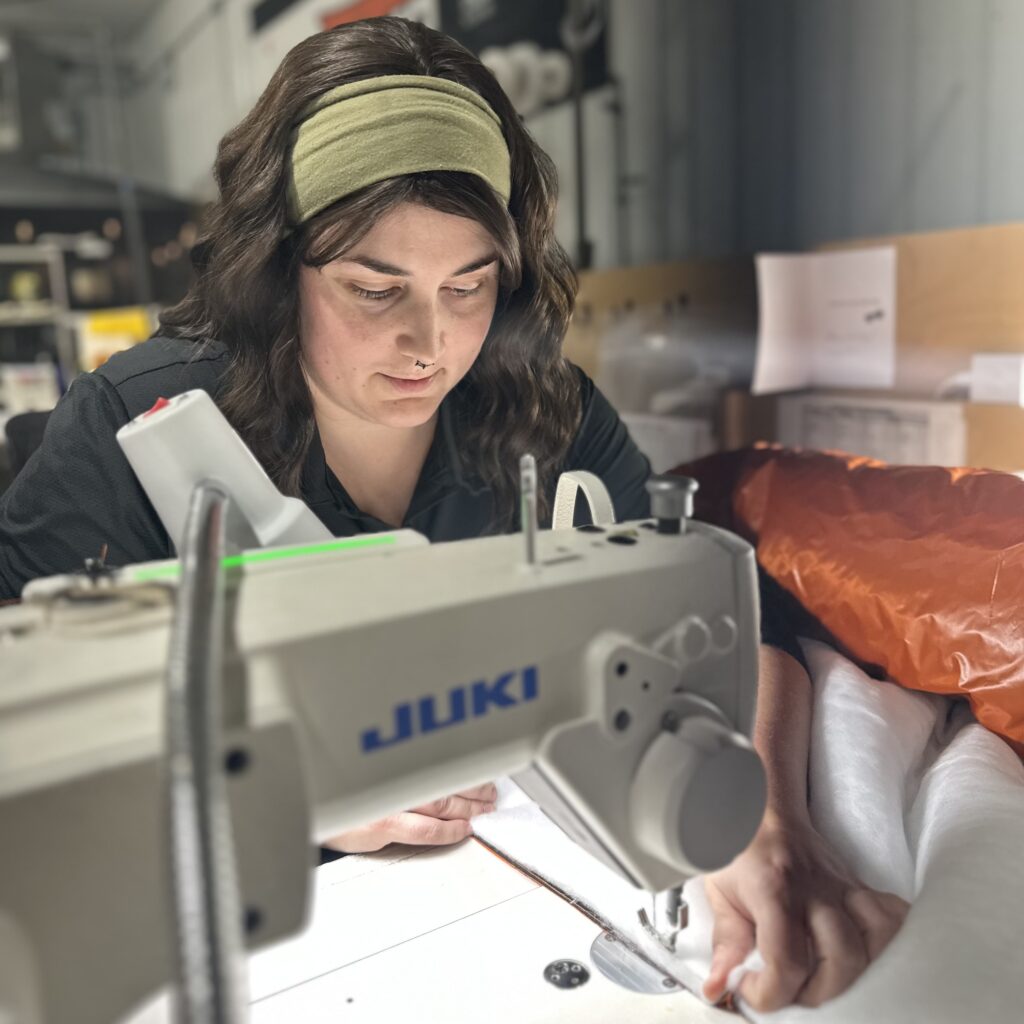Full Price Isn’t Losing — It’s How We All Win

The truth is, when you buy less — and buy better — everyone wins.
Hey friends,
I wanted to take a few minutes to talk about something that’s been weighing on me pretty heavily.
Somewhere along the way, paying full price started to feel like losing.
Like we missed the deal. Like we didn’t play the game right.
Everywhere we look, big brands are screaming “40% OFF!” or “LIMITED TIME ONLY!” — training us to believe that value only exists when it’s marked down.
And the truth is… it works. It’s brilliant marketing.
But it’s also what’s quietly killing small makers, one “flash sale” at a time.
Because behind every big-box discount, there’s a cost: corners cut, materials swapped, people underpaid, and quality forgotten.
It’s a system built to move product — not to make something worth owning.

At UGQ, we finally made the choice to step away from that world.
We stopped pretending that a handmade, small-batch quilt should compete with a mass-produced sleeping bag that ships in 24 hours and falls apart in two seasons.
That choice has consequences. It means slower months. It means harder conversations. But it also means we get to stand for something real — for craftsmanship, fairness, and pride in what we make.
Consumerism didn’t start out broken. It was built on the idea that more people could access more things — and that’s not all bad.
But somewhere along the way, the focus shifted.
Big corporations realized they could make more by making less that lasts.
Products became disposable. Prices became bait.
Marketing became manipulation — teaching us that happiness could be bought in two clicks and free shipping.
We’ve been conditioned to crave the rush of the deal instead of the reward of the work. The thrill of saving a few bucks replaced the pride of owning something made to last.
And that mindset has left both sides — makers and buyers — worse off.
Because every time we chase the lowest price, we push real craftsmanship further out of reach.
We tell small businesses that integrity doesn’t matter as much as urgency.
We tell our kids that when something breaks, you don’t fix it — you just buy another one.
If that cycle keeps spinning, the small shops will fade out.
The people behind the machines will hang up their tools.
And the artistry, care, and patience it takes to make something by hand will disappear right along with them.


|
|
